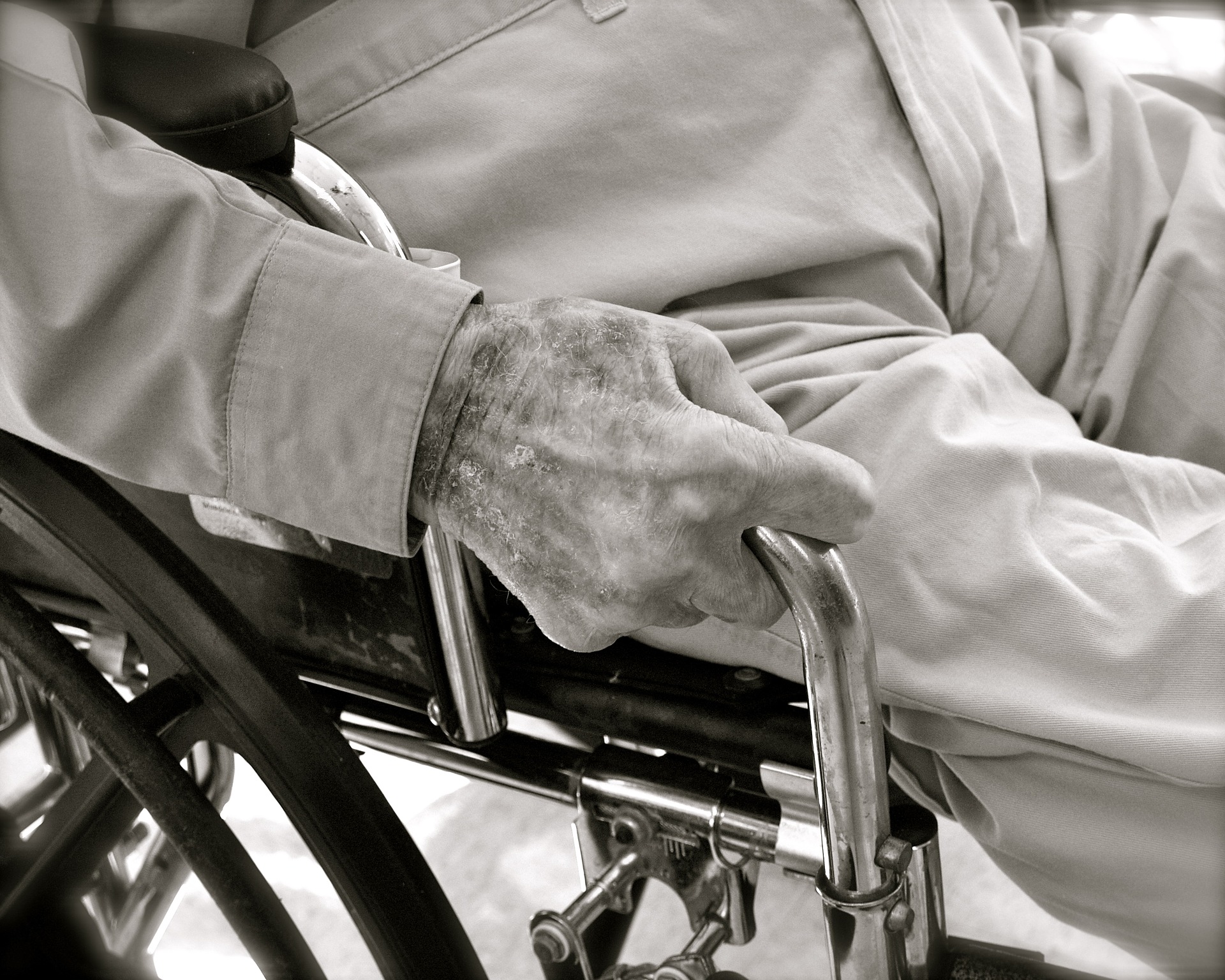It is an unfortunate reality that some senior citizens placed in the care of a nursing home in Georgia fall victim to abuse. These elder individuals have a right to expect that their safety and well-being are the number one priority in these institutions. If you or a loved one is suffering from or has suffered in the past from nursing home abuse, it is crucial that you report this case. People who work in nursing homes have a great deal of power over the lives of those in their care, and it is important that they are held responsible for their actions. If you suspect abuse, the nursing home abuse lawyers at Nye Law Group can help.
Warning Signs of Nursing Home Abuse
Caretakers in Georgia’s nursing homes have a great deal of access to the private lives of the residents. Unfortunately, this creates ample opportunity for abuse. The presence of these signs may signify that nursing home abuse is taking place.
- Frequent falls
- Bed sores
- Malnutrition or dehydration
- Urinary tract infections (UTIs)
- Broken or fractured bones
- Isolation
- Changes in behavior
- Changes in mental or emotional state
Nursing homes are required under federal and state laws to provide care while keeping the residents’ best interests in mind. The residents in these care homes have rights that are protected by law. If a caretaker acts in a negligent manner, either intentionally or unintentionally, and causes harm to a resident, a case can be filed with both state and federal agencies.
 The state of Georgia has its own Bill of Rights for Residents of Long-Term Care Facilities. Under this bill, the rights that a resident in a nursing home can expect are thoroughly outlined. Despite this bill, abuse still occurs and too many loved ones suffer as a result.
The state of Georgia has its own Bill of Rights for Residents of Long-Term Care Facilities. Under this bill, the rights that a resident in a nursing home can expect are thoroughly outlined. Despite this bill, abuse still occurs and too many loved ones suffer as a result.
In cases of nursing home abuse, the best thing to do is to get in contact with a lawyer. Taking legal action can prove complicated and overwhelming, and a lawyer can help you navigate the proceedings. Our team of attorneys is well-versed in Georgia’s laws surrounding nursing home abuse cases. They have the knowledge and the skill to investigate the specific events in your case to determine what step you should take next.
Filing a Nursing Home Abuse Claim
The first step is to file a verbal or written complaint with the nursing home. This can be done by the victim or by the victim’s loved ones. If the nursing home administrators do not adequately address the issue within three days, then the complaint can be filed with the state ombudsman, a person whose job it is to deal with these types of cases. If a solution is still not reached, the victim is granted a hearing. The nursing home has 72 hours after the resolution of the hearing to fix the problem.
Georgia Nursing Home Abuse Lawyer
If you or a loved one has suffered from nursing home abuse, you may be eligible for receiving compensation. At the Nye Law Group, we know how difficult these situations are. Allow us to provide you with the assistance and resources that you need in building a strong court case. Contact us at (912) 200-5230 to find out more about your options.



 This happens when the design was done correctly, but poor manufacturing led to a hazardous defect. If a large number of products were manufactured at the same time, all of the products will be defective.
This happens when the design was done correctly, but poor manufacturing led to a hazardous defect. If a large number of products were manufactured at the same time, all of the products will be defective.
 Class 3 misdemeanors
Class 3 misdemeanors 
 A concussion is the most common type of brain injury that people receive. This type of injury is the result of a blow to the head that causes the brain to jerk around inside the skull. The severity of a concussion will vary depending on how hard the initial blow to the head was. Athletes are susceptible to receiving concussions. Concussions can cause long-lasting damage, especially if an individual receives multiple concussions in his or her life.
A concussion is the most common type of brain injury that people receive. This type of injury is the result of a blow to the head that causes the brain to jerk around inside the skull. The severity of a concussion will vary depending on how hard the initial blow to the head was. Athletes are susceptible to receiving concussions. Concussions can cause long-lasting damage, especially if an individual receives multiple concussions in his or her life.